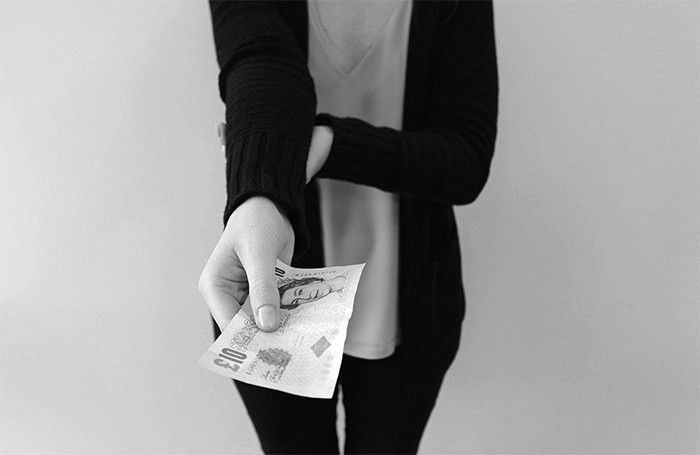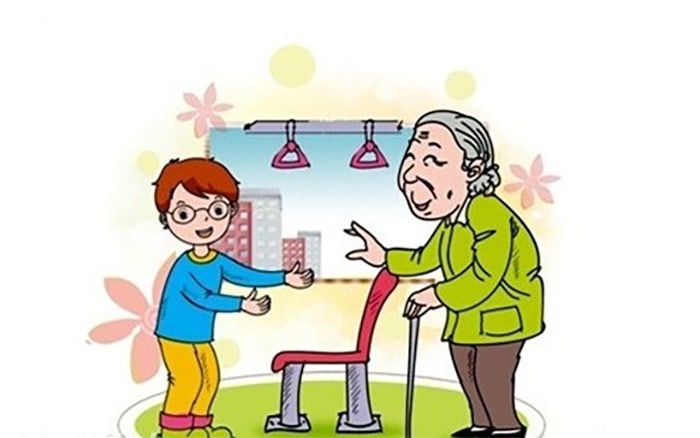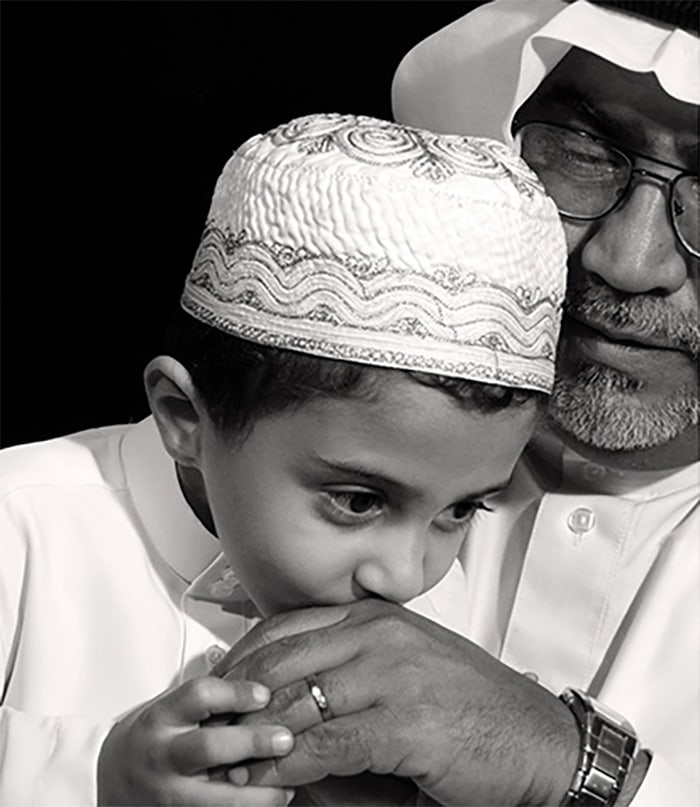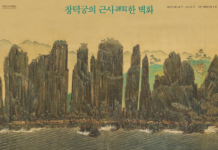Respect is one of the most important traits in a person. It implies that one is valuable and worthy of dealing with as a dignified individual. In other words, it is the bridge of accomplishing and preserving relationships. Showing respect or politeness circuitously requires it to be given back in return, which makes human interactions mutually peaceful. Some countries have traditions that value respect as the highest virtue to have. Although Korea and Egypt are worlds apart, they both share the same respect-promotive way of communication.
One of the fundamental characteristics of Korea is practicing respect. For the Korean people, applying respect shapes morality and good manners, and is a sign of being well-behaved. Showing gallantry in Korea depends on the position of the person receiving it. For instance, respect is colossally applied toward older people and to those of higher positions in a job or family. To illustrate this, when one is handed something by an older person, the younger one is supposed to receive it, either with both hands or with one hand but with the forearm supported by the other hand. Reversely, when the younger person is handing something to the older one, the older person is bestowed the object with both hands as well.

Moreover, younger people are expected to relinquish their seats on public transportation at the approach of an older person. Furthermore, addressing people with their given names is perceived as impolite. Instead, you should use a formal or professional title, unless asked to do otherwise by that specific person or if you have developed a bond with them that allows a bit of spontaneity. Regarding body language, the element of respect is involved as well and plays a vital role in daily interactions. Slight gestures, such as direct eye contact, should be kept aloof between youngsters and older people.

Similar to Korean traditions, displaying respect is a sharpened quality among Egyptians. It is required from an Egyptian person, despite one’s social or educational class, to always respect one’s elders. For example, if an Egyptian comes across an elderly person, they stand if sitting, greet them first, give up their seat on public transportation and carry the elder’s bags while taking the stairs. People in Egypt have immense concern for the elderly. It is believed that elders are privileged to have their prayers accepted and answered. Furthermore, kids are brought up to kiss the hands or heads of old relatives and teachers as a sign of glorification of their significant roles.

In addition, elderly men, whether they are strangers or not, are always referred to as abuya or ammi which are Egyptian dialect equivalents for “my father” and “my paternal uncle,” respectively. In the case of elderly women, they are addressed as ummi or khala, which equal “my mother” and “maternal aunt.” Besides, when introduced to an elder, young people remain standing until the elder sits first. The roots of this belief concerning elders go back to Egypt’s ancient era. One of the Pyramid Texts says: “Merenre, stand up for your great father; be seated for your mother, Nut”. The Pyramid Texts are basically a collection of religious texts written in Old Egyptian during Ancient Egypt. This is an indicator of how inherent and necessary this very trait is for Egyptians today. It has become the prevalent concept in modern Egyptian society. When impoliteness or a loathsome attitude is shown by a young person in the presence of an elder, they are looked down upon by society, like an outcast.
Both Korea and Egypt are remarkably similar in terms of respect. It is a massively followed norm in both societies to respect older people. The ways of showing courtesy are various and suitable for different situations. Intensifying the trait of respect and its meaning and reasons in both countries makes it a rational tradition, rather than an obligation. The ways of showing respect in both societies may be slightly different, but they are all revolving around the same notion of politeness.
By Nuran Sami Hassan Ibrahim
Korea.net Honorary Reporter
Photos: http://www.laonanren.com, http://www.gocompare.com, http://www.thoraya.net
http://koreanetblog.blogspot.kr/2017/02/the-name-of-respect-korea-and-egypt.html























